High performance computing and data analytics
Using NeSI’s specialised platform of supercomputing resources, and data analytics software and services, New Zealand researchers are able to investigate large, unique, or complex projects more easily, quickly, and accurately.
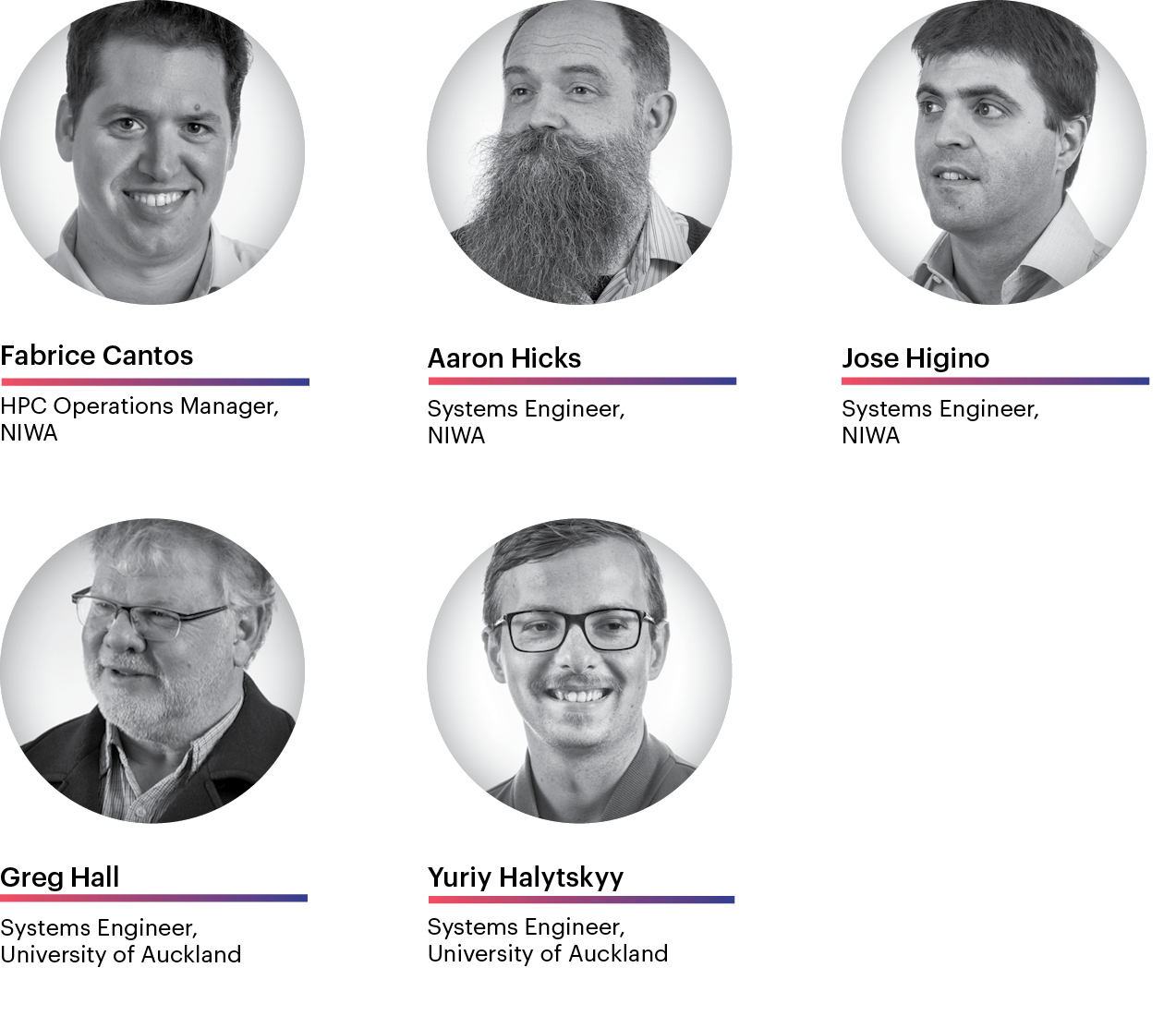
The Mahuika and Māui platforms saw their first full year of production in 2019, providing the New Zealand research community with access to a national data-centric and data-intensive research computing environment, built on leading edge high performance computing (HPC) systems.
The focus this year has been on user experience, especially for researchers less experienced with using HPC, and looking for opportunities to improve access and getting started on the systems.
This included improving account setup processes and identifying and addressing pain points in user experiences with onboarding in general.
Alongside these user issues, significant work was done to realise the capability of the new platforms by expanding the capability of services in several key areas such as data analytics, virtual labs, data management, and system security.
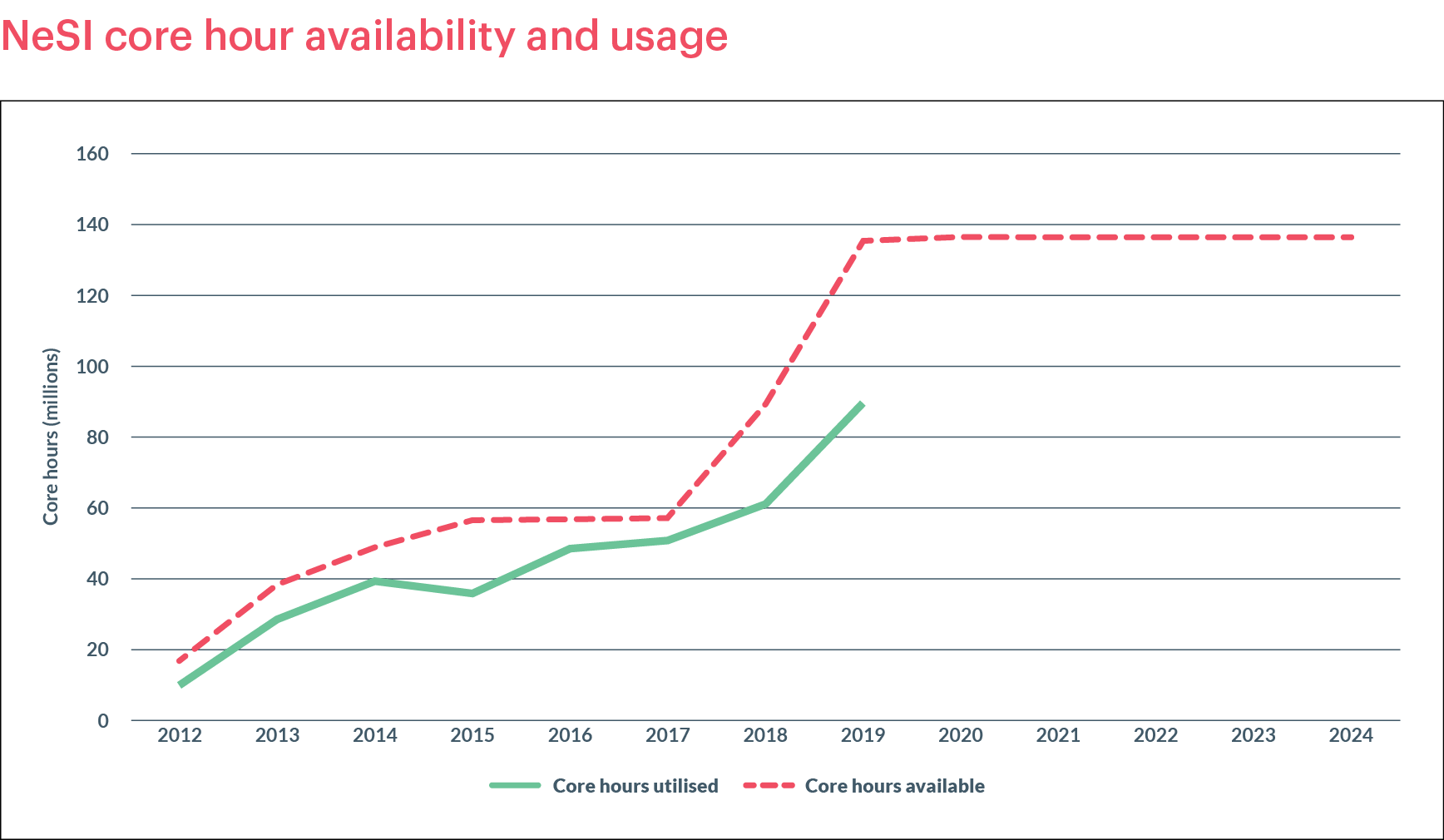
Collaborating with technology leaders
Our strong working relationship with Cray, a Hewlett Packard Enterprise company, has helped NeSI ensure the shared HPC assets owned by its collaborators — NIWA, the University of Auckland, University of Otago, and Manaaki Whenua - Landcare Research — remain responsive and high-performing to power researchers’ data-centric and data-intensive research. We value having Cray systems engineers Tony Racho and John Sexton based in Wellington and working closely with the NeSI team members at NIWA, where the national platform infrastructure is housed at NIWA’s Greta Point campus.
As we look towards embracing cloud-native architectures, we look forward to continuing to collaborate with Cray on designing and building new specialised and fit-for-purpose infrastructure components that researchers need to accelerate and grow the capabilities of their research.
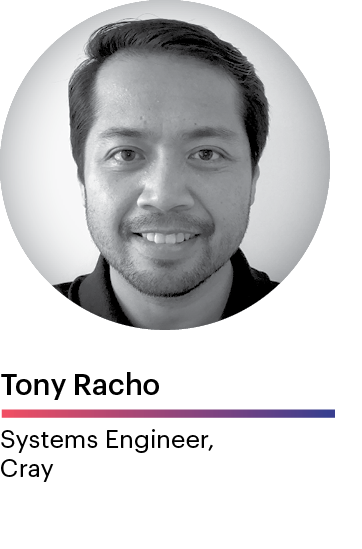
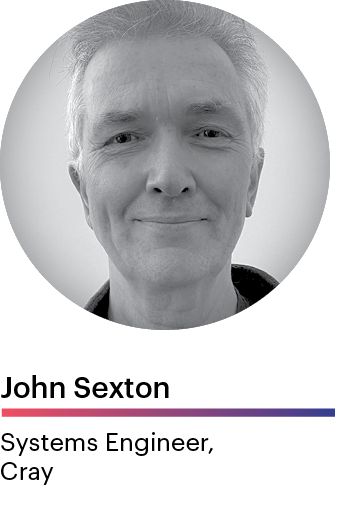

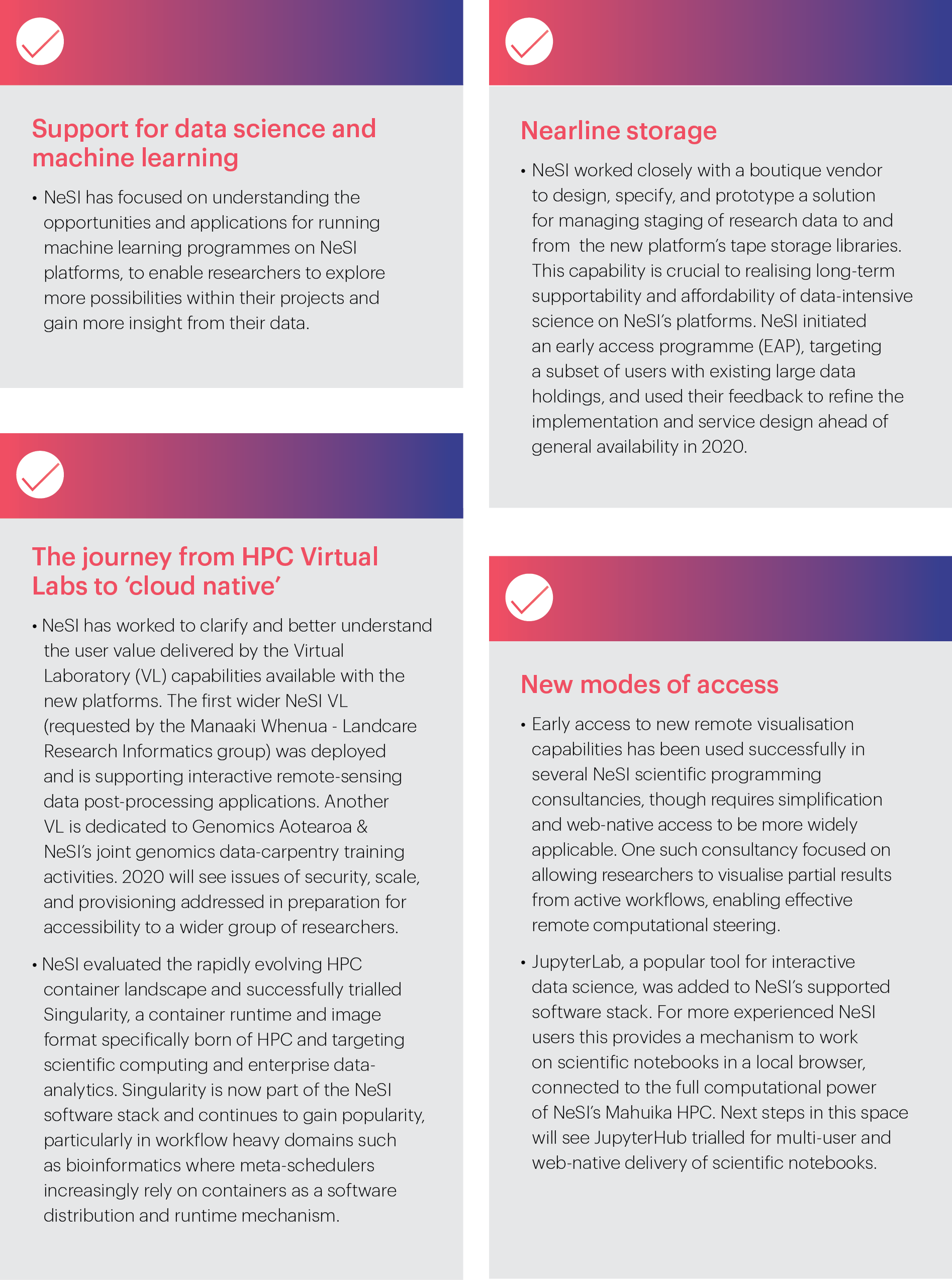
Development of new capabilities
During 2019, NeSI continued to develop its HPC infrastructure and platform to deliver a wide range of services.
This includes support of a wider range of scientific applications and environments such as Singularity, JupyterLab, and Tensorflow, as well as expanding the infrastructure access and availability with GPUs, huge memory nodes, and tiered storage.
Some capabilities such as visualisation and virtual labs are still being developed in smaller scale with experienced researchers in beta phases to learn and polish before they can be fully released.
NeSI will continue developing new capabilities to enable researchers to fully utilise its infrastructure capabilities.





